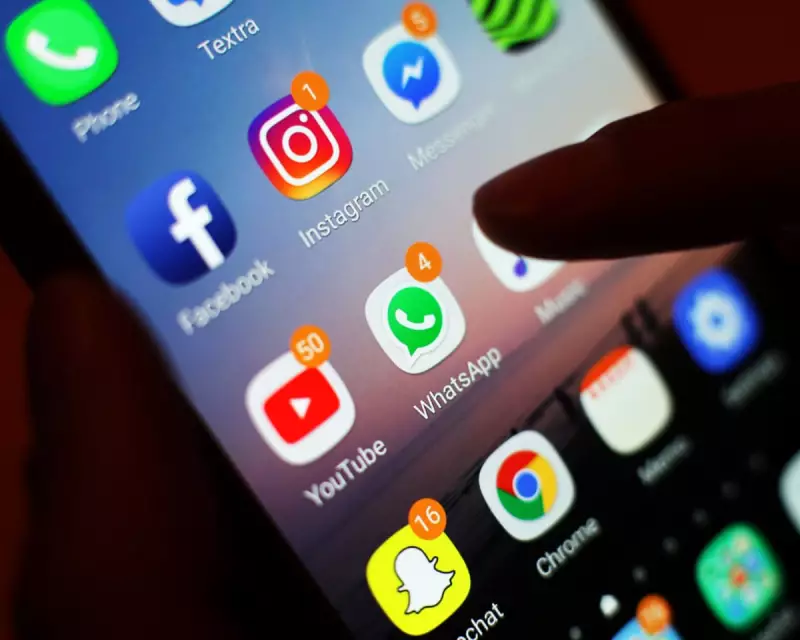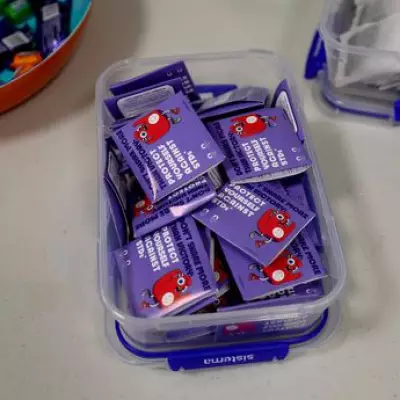
In today's digital landscape, YouTube has become an integral part of children's lives, shaping their education, entertainment, and social interactions. Parents across the UK are grappling with the platform's dual role as both a valuable resource and a potential source of concern.
The Educational Powerhouse
Many families report YouTube serving as an informal classroom, with children accessing everything from maths tutorials to science experiments. "My daughter learned to read using phonics videos," shares one London parent. "It's like having a patient teacher available 24/7."
The Entertainment Dilemma
While educational content thrives, parents express concerns about excessive screen time and the platform's addictive nature. Recent studies suggest the average British child spends 2-3 hours daily on YouTube, raising questions about digital wellbeing.
Safety First: Parental Controls
Tech experts recommend:
- Activating restricted mode
- Setting screen time limits
- Co-viewing content
- Regularly reviewing watch history
The Algorithm Challenge
Parents particularly worry about YouTube's recommendation system, which can sometimes lead children down questionable content rabbit holes. "One minute they're watching cartoons, the next it's suggesting conspiracy theories," notes a Manchester-based father.
Finding Balance
Child psychologists suggest:
- Establishing clear viewing rules
- Balancing online and offline activities
- Using YouTube Kids for younger children
- Discussing content critically with older children
As YouTube continues to evolve, so must our approach to digital parenting. The platform isn't going anywhere, but with thoughtful engagement, parents can help children navigate it safely and productively.





